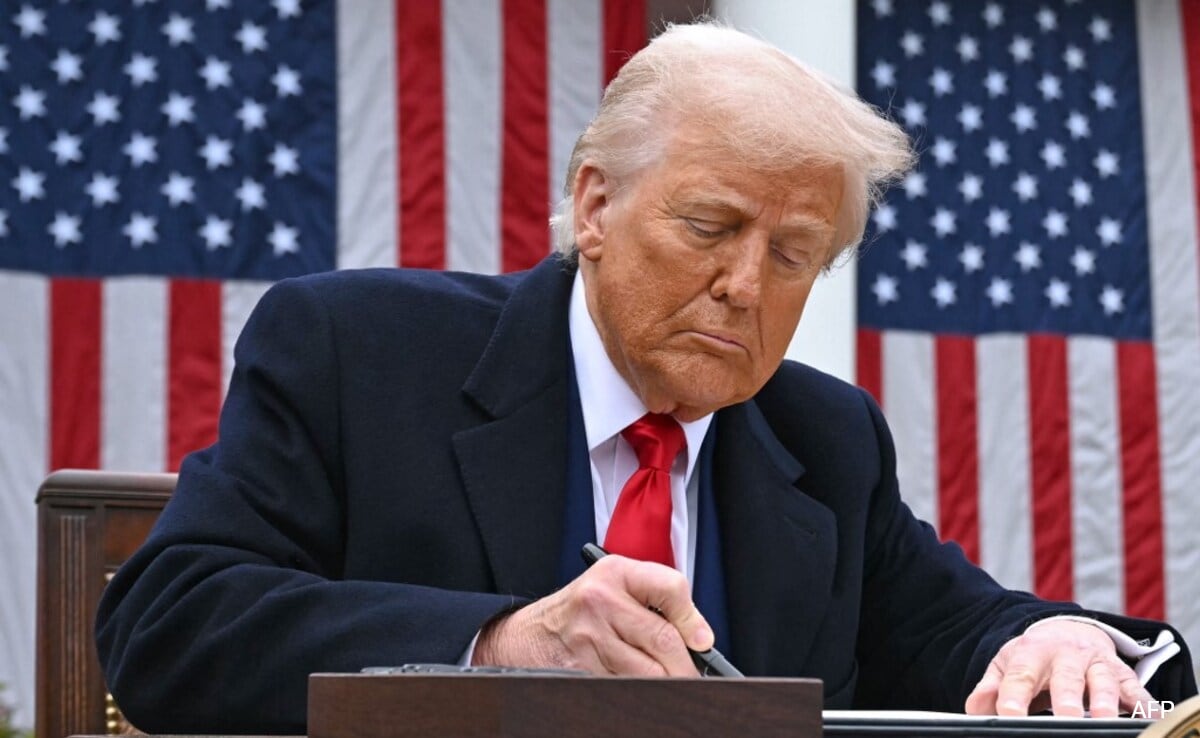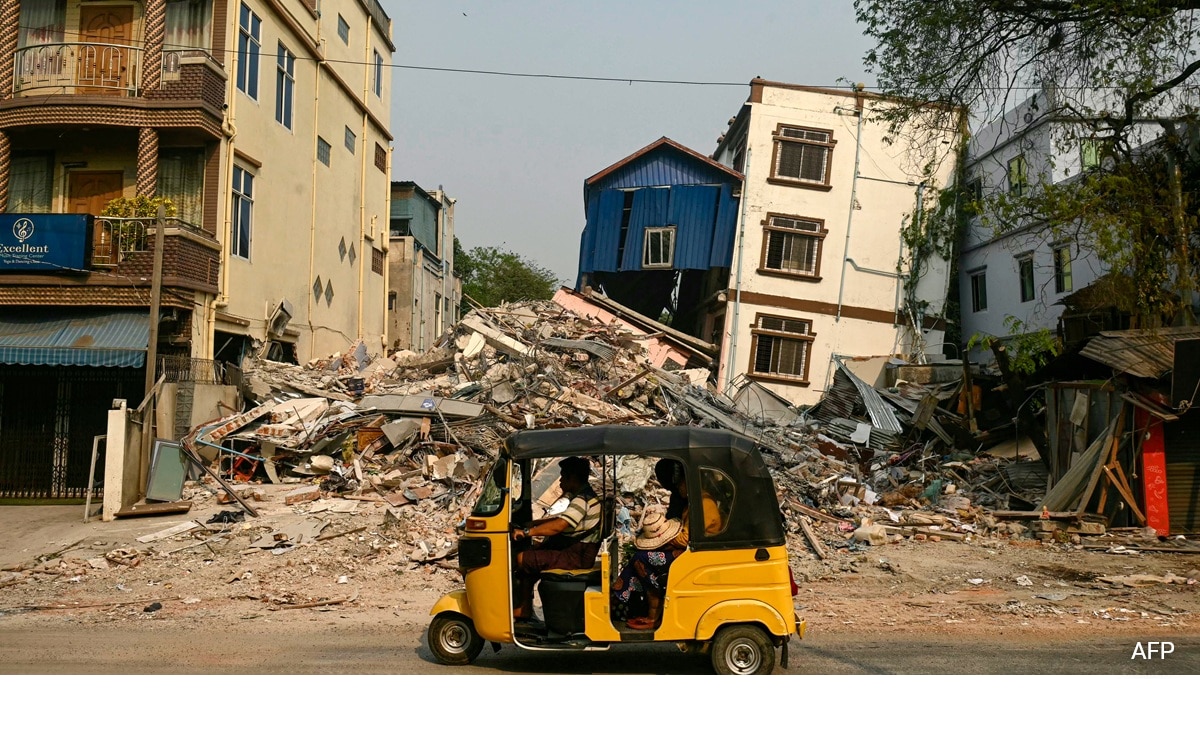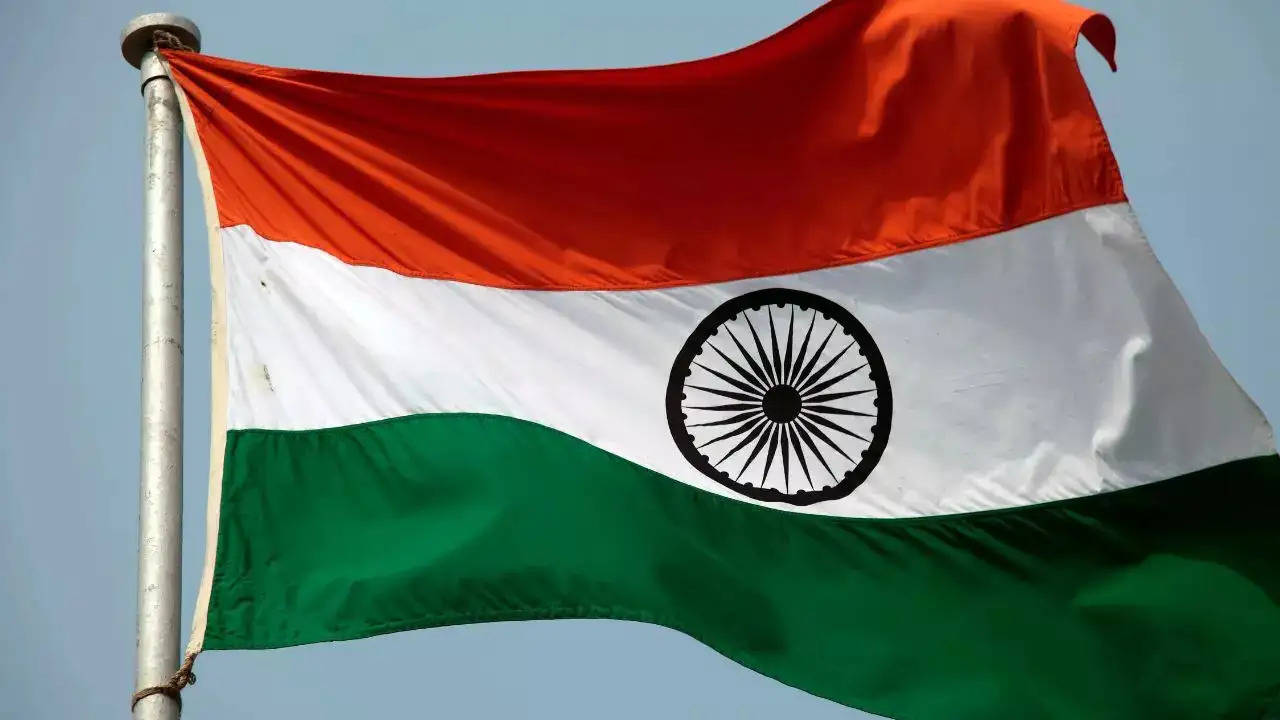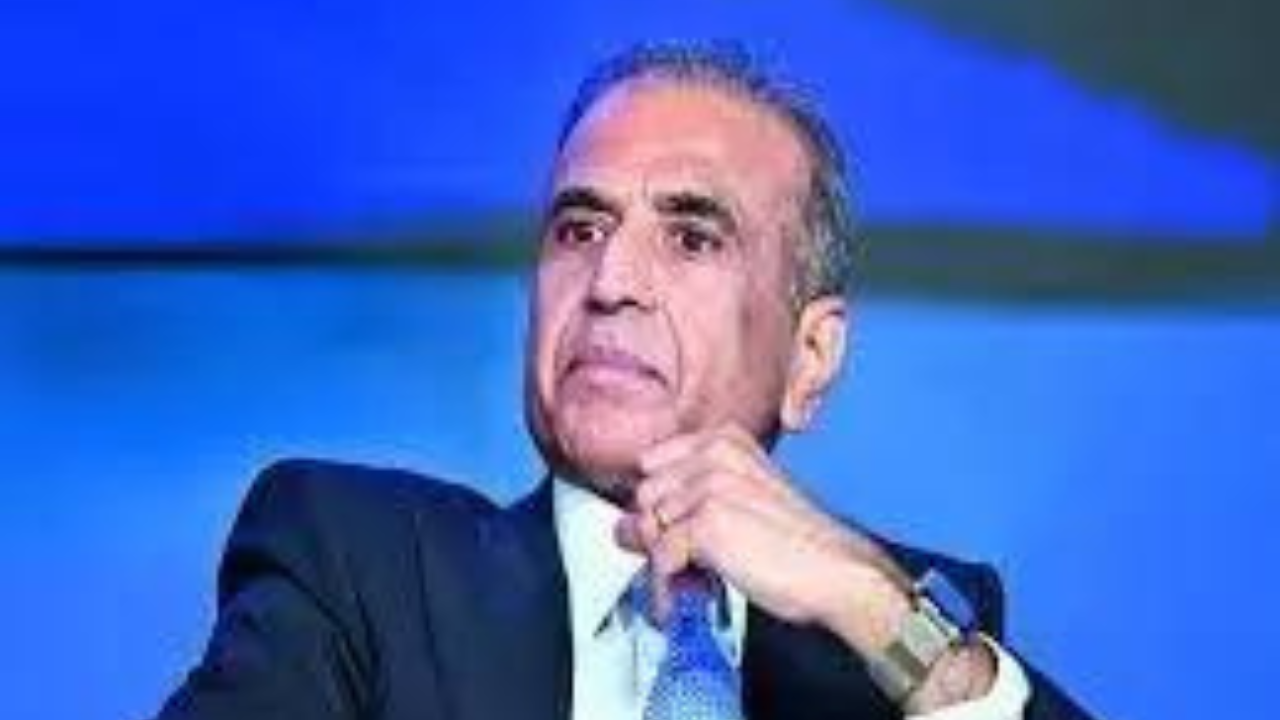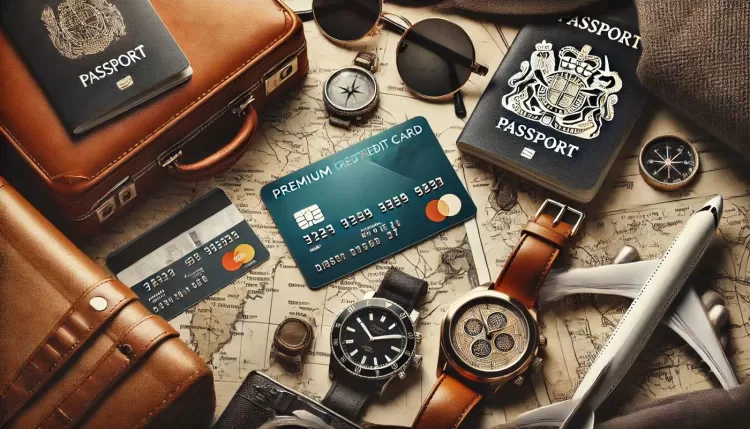Opinion: Just as India has the right to pursue an autonomous foreign policy, Bangladesh does too

Join our WhatsApp Community to receive travel deals, free stays, and special offers!
- Join Now -
Join our WhatsApp Community to receive travel deals, free stays, and special offers!
- Join Now -

There is a well-known adage: “You can choose your friends, but not your neighbours.”
This phrase is often used to describe the complexities of relationships between neighbouring countries, particularly when tensions escalate. Neighbours are akin to conjoined twins, sharing certain inevitable elements – natural disasters, the spread of diseases, political instability, cross-border smuggling, and crimes that easily spill over boundaries. Even unintentional incidents, such as fishermen drifting into each other’s territorial waters, underscore the intricacies of such relationships.
The internationally-recognised mechanism to manage and mitigate these issues is diplomacy, conducted through diplomatic channels by the respective diplomats. However, when all diplomatic engagements fail to resolve disputes, armed conflict often becomes inevitable. Even during times of war, diplomats work tirelessly behind the scenes to de-escalate tensions and restore peace.
In the public eye, the difference between a soldier and a diplomat is stark: One represents conflict, the other peace. While foreign military personnel may evoke mixed reactions in a host country, diplomats are generally welcomed as messengers of goodwill, aiming to enhance bilateral relations. Upon completing their assignments, diplomats often leave behind a legacy of friendship and goodwill – unless, of course, they are declared persona non grata.
Having served as a diplomat for nearly 35 years in 12...
What's Your Reaction?
 Like
0
Like
0
 Dislike
0
Dislike
0
 Love
0
Love
0
 Funny
0
Funny
0
 Angry
0
Angry
0
 Sad
0
Sad
0
 Wow
0
Wow
0









